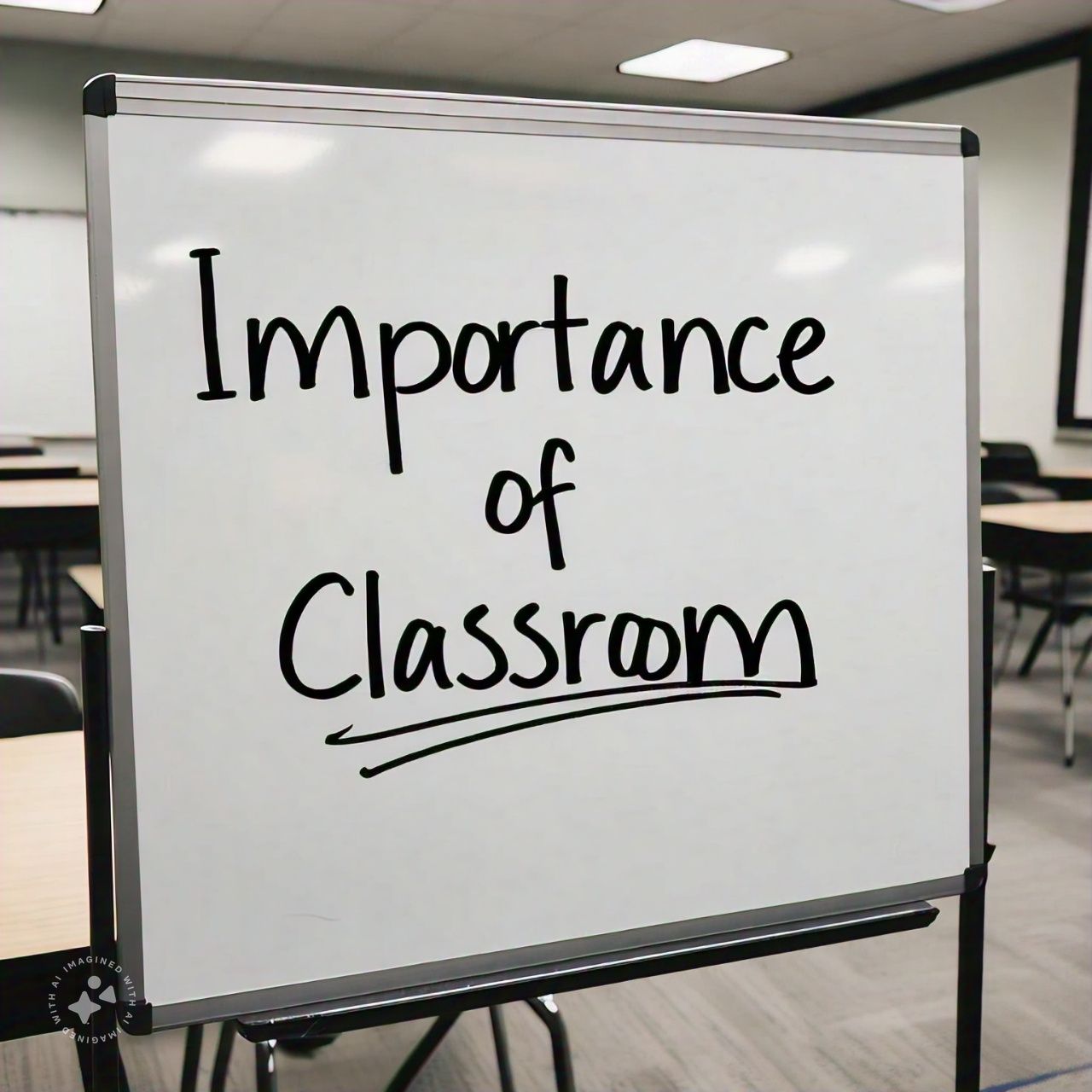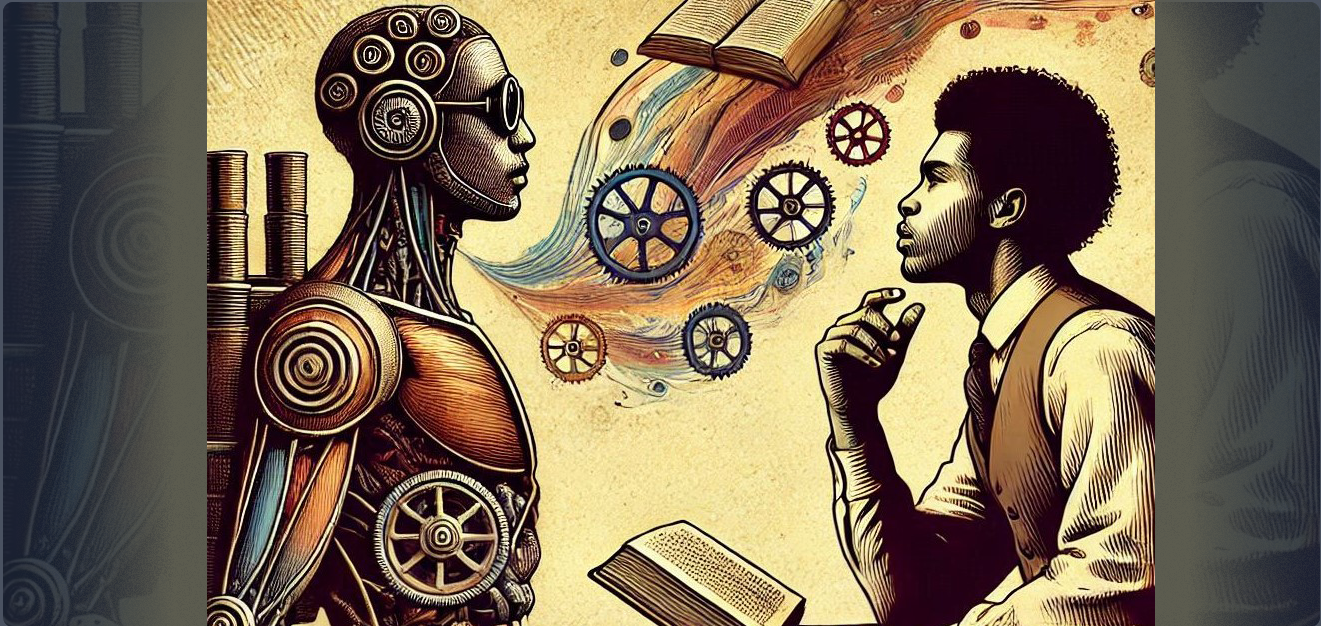Books Are Silent Teachers
Books are windows to the world , bridging the realms of knowledge, wisdom, and experience. A famous Chinese saying states, "When a man reads 10 books, he travels 10,000 miles." Through reading books, we get insights into life’s complexities. Gurch Folk feels this sentiment, observing that "good books are not those that kill our hunger, but those that increase our hunger—the hunger to know life." It is this hunger that drives readers to expand their minds.
Writers and thinkers across cultures have long revered reading as remedy to ill minds. For example, Franz Kafka once said, "A room without a book is like a body without a soul." Goethe, too, understood the arduous yet rewarding journey of learning, confessing, "Many people don’t know how hard and time-consuming it is to learn to study. I have put in my 80 years, but still, I can’t say that I am in the right direction." Similarly, Thomas von Kampen finds the spiritual depth of reading: "When I worship, I talk to God, but when I read a book, God talks to me." Through books, we engage in dialogues that transcend time, place, and even the divine.
The German philosopher Gotthold Ephraim Lessing remarked that "the world alone cannot make someone a complete human being. If you want to become a complete human being, you have to read the works of good writers." Books, then, are companions on the path to self-fulfillment, offering new perspectives and depths of understanding. Novalis also saw the unique value of books, likening a library to "a place where we can talk freely with the gods of the past and present," where every volume is an invitation to converse with wisdom accumulated through the ages. German proverbs wisely compare books to cups "from which you have to learn to drink," suggesting that wisdom is something we must sip slowly, with patience, and intention.
However, the reading culture in Pakistan is alarmingly low; a survey shows that a mere six paisas per capita is spent on books annually. In a society where luxury shoes are displayed prominently in shop windows while books lie ignored on dusty shelves, the appetite for learning is distressingly absent. A society that neglects books ultimately limits its capacity for consciousness, awareness, and growth. Reading is a wholesome activity that enriches the mind, enhances communication, and nurtures rational thought. It is no wonder that one who reads is often predicted to become a leader, as reading equips individuals with the insight and clarity needed to tackle life’s challenges. Books become faithful companions, offering solace and wisdom in solitude, guiding us to think critically and creatively.
Books on various subjects—science, philosophy, history, literature, and religion—each add unique value to the reader's intellectual and emotional development. Scientific books reveal the mysteries of the universe, detailing the advancements that shape our world and offer a window into innovations that drive human progress. Philosophical works, in contrast, are playgrounds for the imagination, where readers explore existential questions and challenge established norms. Those interested in philosophy find that these texts foster profound self-reflection and spark debates on the very nature of existence. While philosophy often encounters resistance due to its challenge to convention, as seen in the lives of Socrates, Plato, and Aristotle, history has ultimately vindicated many philosophers’ once-controversial ideas.
History books are valuable for understanding human civilization's trajectory. They remind us that, as the adage goes, "history is the best teacher." Historical accounts are treasures that preserve the experiences, deeds, and lessons of those who came before us. For Pakistan, history offers insights into the sacrifices and perseverance that led to independence, encouraging future generations to learn from these lessons. History writers diligently document these narratives, shaping the collective memory and wisdom of a nation for posterity.
In literature, readers find a mirror to the human soul. Poetry, novels, and prose allow readers to explore the realms of fantasy, romance, and creative imagination. This form of storytelling serves not only as entertainment but also as a bridge to empathy and emotional awareness, qualities that enrich life. Similarly, religious books occupy a special place in human learning. These texts are the blueprints of character, shaping both mind and spirit. Among all religious texts, the Holy Quran stands as a comprehensive guide, offering insights that are relevant to every stage of life. It calls upon readers to engage deeply, making it an indispensable source of guidance for millions worldwide.
Reading good books feeds the mind and soul, nurturing a curiosity that never wanes. As Aulus Gallius puts it, "Books are silent teachers," and through them, we find not just knowledge but the wisdom to live better lives. A strong reading culture is the bedrock of any informed society, and investing in it means investing in a brighter, more enlightened future.
Saira Samo
The writer is an educationist.

